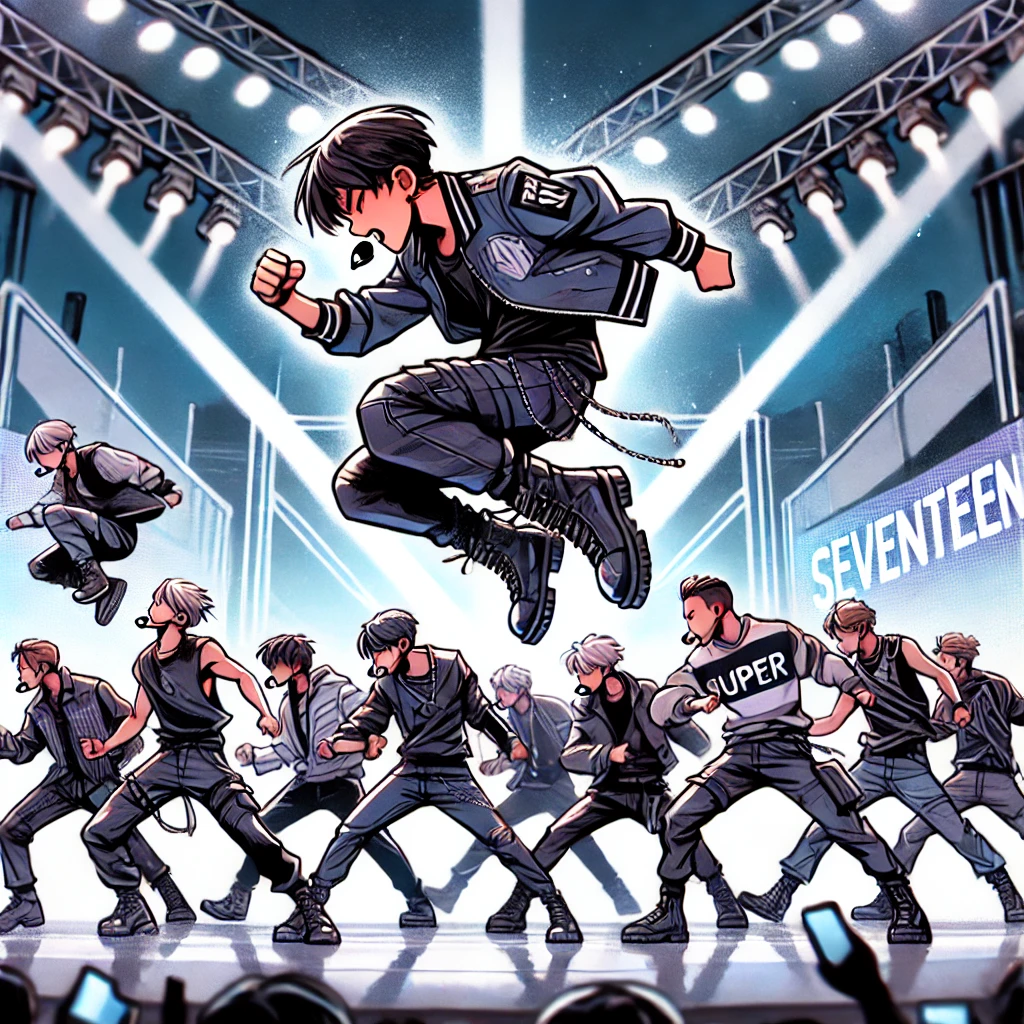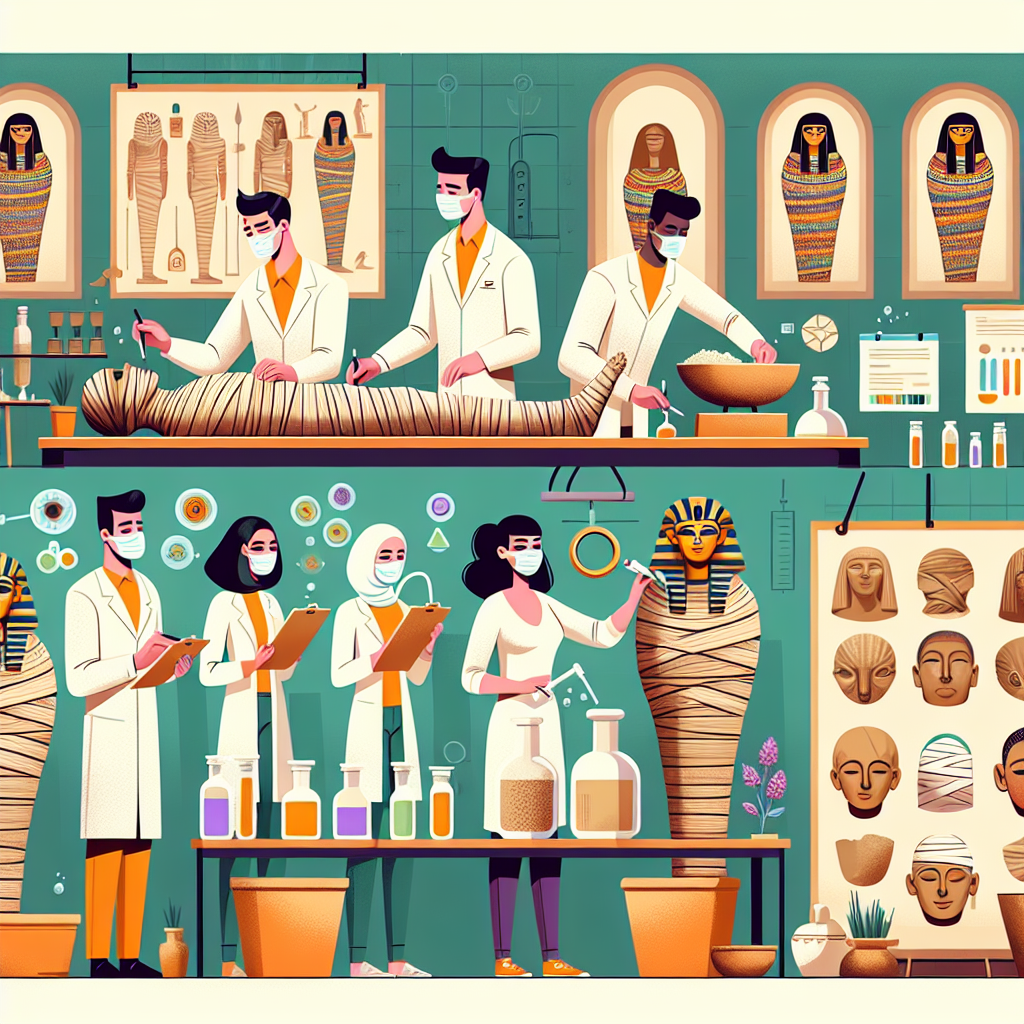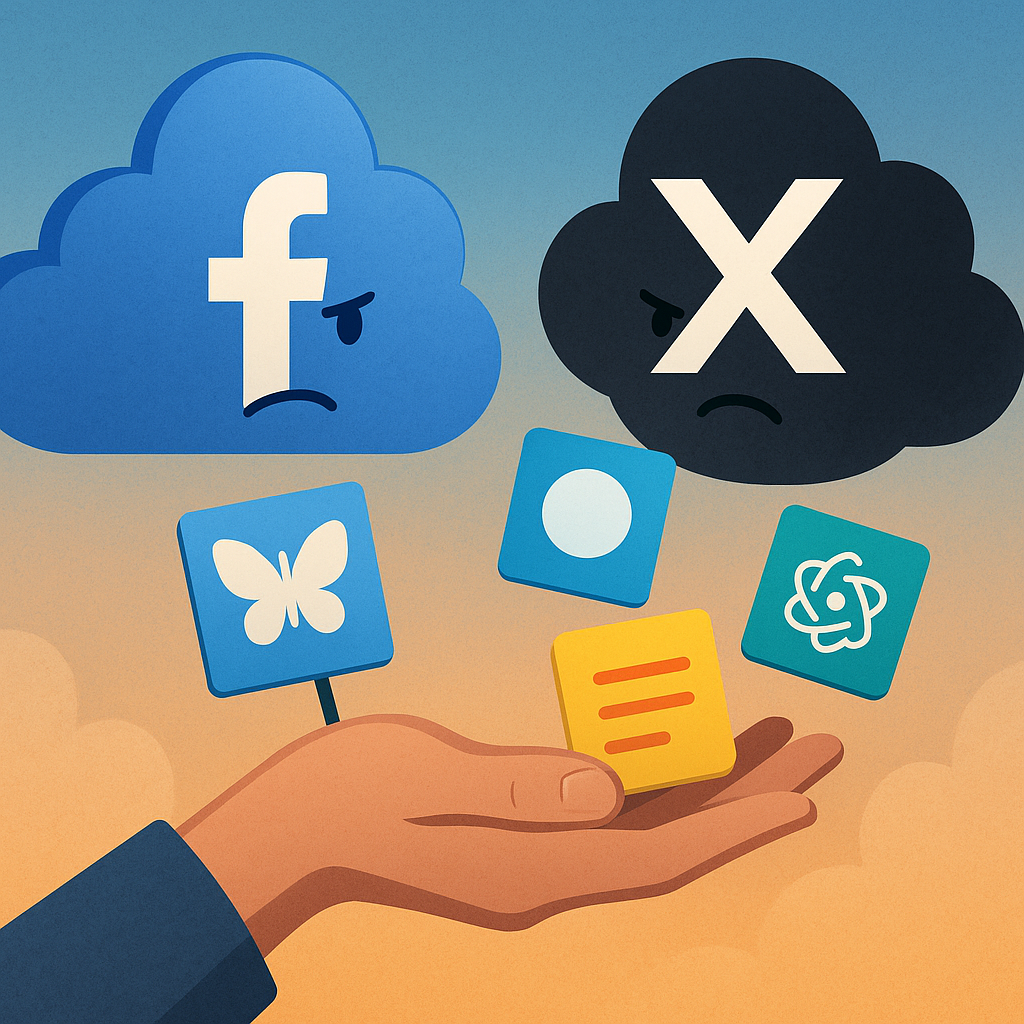Artificial intelligence (AI) is a big topic among top songwriters who have worked with popular artists like Doja Cat, Jonas Brothers, and BTS. They all agree that AI can be useful in the music industry. Some songwriters use AI to copy the voice of the artist they are writing for, to check how a track sounds, or to get over writer’s block. But even though it’s helpful, they think that AI can’t recreate the art and human emotion that goes into making music.
Linden Jay, who helped write Doja Cat’s hit song “Woman,” thinks AI is an exciting tool for coming up with ideas, but not a replacement for the skill of writing a good song. He uses AI to make his own voice sound like a famous artist, so he can see if a song is going in the right direction. Aaron Horn, Linden’s co-writer, agrees that AI is a tool that can help with the creative process. He compares it to a rhyming dictionary, which suggests rhymes for poems and lyrics.
Jessica Agombar, who wrote “What a Man Gotta Do” for the Jonas Brothers, finds inspiration in AI’s abilities, especially in copying voices. But she believes that real artistry will always be found in natural songwriting and producing, with imperfect vocals and rough drafts. Kamille, who has worked with Little Mix, Mabel, and Kylie Minogue, tries not to rely too much on AI. She thinks that the most important thing in songwriting is expressing emotions from the heart, and that shouldn’t be lost as technology gets better.
While AI has its good points, these songwriters tell aspiring musicians not to depend too much on AI and to embrace their own experiences and humanity. They think that machines can’t make music on their own and that AI can’t copy the depth of human emotion. In conclusion, AI can be a helpful tool in the music industry, but it shouldn’t take the place of the artistry and personal touch that comes from human songwriting.
Original news source: Doja Cat and Jonas Brothers songwriters say AI is not to be feared (BBC)
Listen
Slow
Normal
Fast
Group or Classroom Activities
Warm-up Activities:
– News Summary
Instructions:
1. Divide the class into small groups.
2. Ask each group to read the article and summarize the main points in a news article format.
3. Each group should present their news summary to the class.
4. Encourage discussions and questions about the topic.
– Sketch It
Instructions:
1. Divide the class into pairs.
2. Give each pair a piece of paper and a pen/pencil.
3. One student from each pair will describe a scene or concept related to the article, while the other student sketches it.
4. After a few minutes, have the pairs switch roles.
5. Each pair can present their sketches to the class and explain the connection to the article.
– Vocabulary Pictionary
Instructions:
1. Create a list of key vocabulary words from the article.
2. Divide the class into teams.
3. One student from each team will come to the front of the class.
4. Show the selected student a vocabulary word from the list.
5. The student must draw a picture to represent the word, while their team tries to guess the word.
6. The team that guesses correctly earns a point.
7. Repeat with different students and vocabulary words.
– Pros and Cons
Instructions:
1. Divide the class into small groups.
2. Assign each group to discuss the pros and cons of using AI in the music industry, based on the information from the article.
3. Each group should come up with a list of at least three pros and three cons.
4. After the discussion, groups can share their lists and compare their ideas.
5. Encourage respectful debate and discussion.
– Two Truths and a Lie
Instructions:
1. Have each student come up with two true statements and one false statement related to the topic of AI in the music industry.
2. Divide the class into small groups.
3. Each student takes turns sharing their three statements with their group.
4. The group must guess which statement is the lie.
5. After guessing, the student reveals the lie and explains the truth behind each statement.
6. Encourage discussion and questions about the topic.
Comprehension Questions:
1. What do top songwriters think about the use of AI in the music industry?
2. How do some songwriters use AI in their work?
3. According to Linden Jay, what is AI useful for in songwriting?
4. How does Aaron Horn compare AI to a rhyming dictionary?
5. What does Jessica Agombar think about the role of AI in songwriting?
6. Why does Kamille believe that expressing emotions from the heart is important in songwriting?
7. What advice do these songwriters give to aspiring musicians about using AI?
8. What is the overall message about AI and its role in the music industry?
Go to answers ⇩
Listen and Fill in the Gaps:
Artificial intelligence (AI) is a big topic among top songwriters who have worked with popular artists like Doja Cat, (1)______ Brothers, and BTS. They all agree that AI can be useful in the (2)______ industry. Some songwriters use AI to copy the voice of the artist they are writing for, to (3)______ how a track sounds, or to get over writer’s block. But even though it’s helpful, they think that AI can’t recreate the art and human (4)______ that goes into making music.
Linden Jay, who helped write Doja Cat’s hit song “Woman,” thinks AI is an exciting tool for (5)______ up with ideas, but not a replacement for the skill of writing a good song. He uses AI to make his own voice sound like a famous artist, so he can see if a song is going in the right (6)______. Aaron Horn, Linden’s co-writer, agrees that AI is a tool that can help with the (7)______ process. He (8)______ it to a rhyming dictionary, which suggests rhymes for poems and lyrics.
Jessica Agombar, who (9)______ “What a Man Gotta Do” for the Jonas (10)______, (11)______ inspiration in AI’s abilities, especially in copying voices. But she believes that real artistry will always be found in natural songwriting and producing, with imperfect vocals and rough drafts. Kamille, who has worked with Little Mix, Mabel, and Kylie Minogue, tries not to rely too much on AI. She thinks that the most (12)______ thing in songwriting is expressing emotions from the heart, and that shouldn’t be lost as (13)______ gets better.
While AI has its good points, these songwriters tell aspiring (14)______ not to depend too much on AI and to embrace their own experiences and humanity. They think that machines can’t make music on their own and that AI can’t copy the depth of human emotion. In conclusion, AI can be a helpful tool in the music (15)______, but it shouldn’t take the place of the artistry and personal (16)______ that comes from human songwriting.
Go to answers ⇩
Discussion Questions:
Students can ask a partner these questions, or discuss them as a group.
1. What is artificial intelligence and how is it used in the music industry?
2. How do songwriters use AI to help them in their creative process?
3. Do you think AI can accurately recreate the art and human emotion in music? Why or why not?
4. How would you feel if a song you loved was created entirely by AI, without any human involvement?
5. Do you like the idea of using AI to copy the voice of an artist? Why or why not?
6. What do you think is the most important skill in writing a good song? Is it something that AI can do?
7. How do the songwriters in the article feel about AI as a tool for coming up with ideas? Do you agree with them? Why or why not?
8. How does Jessica Agombar feel about AI’s abilities in copying voices? Do you agree with her? Why or why not?
9. Why does Kamille think it’s important not to rely too much on AI in songwriting?
10. What do the songwriters in the article think is the most important thing in songwriting? Do you agree with them? Why or why not?
11. How would you feel if you discovered that one of your favorite songs was written with the help of AI? Would it change your opinion of the song? Why or why not?
12. Do you think AI has the potential to replace human songwriting? Why or why not?
13. What do you think are the limitations of AI in the music industry?
14. How do the songwriters in the article advise aspiring musicians to approach AI? Do you agree with their advice? Why or why not?
15. In your opinion, what role should AI play in the music industry?
Individual Activities
Vocabulary Meanings:
Match each word to its meaning.
Words:
1. artificial intelligence (AI)
2. songwriters
3. copy
4. voice
5. track
6. artist
7. tool
8. emotions
Meanings:
(a) Feelings that you have, like happiness or sadness
(b) The sound that comes out of your mouth when you speak or sing
(c) Something you use to help you do a task
(d) A technology that can think and learn
(e) Make an exact duplicate of something
(f) A person who creates art, like a musician or painter
(g) People who write songs
(h) A recorded piece of music
Go to answers ⇩
Multiple Choice Questions:
1. According to the article, which of the following is true about AI in the music industry?
(a) It can be useful, but it can’t recreate the art and human emotion in music.
(b) It is a replacement for the skill of writing a good song.
(c) It can copy the depth of human emotion in music.
(d) It is not a helpful tool in the music industry.
2. What does Linden Jay use AI for?
(a) To replace the skill of writing a good song.
(b) To make his own voice sound like a famous artist.
(c) To copy the depth of human emotion in music.
(d) To check how a track sounds.
3. According to Aaron Horn, how does AI compare to a rhyming dictionary?
(a) It can copy the depth of human emotion in music.
(b) It suggests rhymes for poems and lyrics.
(c) It is not a helpful tool in the music industry.
(d) It can replace the skill of writing a good song.
4. What does Jessica Agombar find inspiring about AI?
(a) Its ability to replace the skill of writing a good song.
(b) Its ability to create music on its own.
(c) Its ability to copy voices.
(d) Its ability to suggest rhymes for poems and lyrics.
5. What does Kamille think is the most important thing in songwriting?
(a) Expressing emotions from the heart.
(b) Copying voices using AI.
(c) Using AI to check how a track sounds.
(d) Relying too much on AI.
6. What do the songwriters in the article tell aspiring musicians?
(a) To use AI to replace the skill of writing a good song.
(b) To rely solely on AI for songwriting.
(c) To use AI to copy the depth of human emotion in music.
(d) Not to depend too much on AI and to embrace their own experiences and humanity.
7. According to the article, what is the conclusion about AI in the music industry?
(a) It can replace the artistry and personal touch of human songwriting.
(b) It can copy the depth of human emotion in music.
(c) It can be a helpful tool, but it shouldn’t replace the artistry and personal touch of human songwriting.
(d) It is not a helpful tool in the music industry.
8. What is the main message of the article?
(a) AI is a replacement for the skill of writing a good song.
(b) AI can copy the depth of human emotion in music.
(c) AI is not a helpful tool in the music industry.
(d) AI can be useful in the music industry, but it can’t recreate the art and human emotion in music.
Go to answers ⇩
True or False Questions:
1. Top songwriters who have worked with popular artists like Doja Cat, Jonas Brothers, and BTS believe that artificial intelligence (AI) can be useful in the music industry.
2. Aaron Horn, Linden’s co-writer, views AI as a tool that can assist in the creative process, similar to a rhyming dictionary for poems and lyrics.
3. These songwriters advise aspiring musicians not to overly depend on AI and to embrace their own experiences and humanity, as machines cannot create music on their own and AI cannot replicate the depth of human emotion.
4. However, these songwriters believe that AI can replicate the art and human emotion involved in creating music.
5. Jessica Agombar, who wrote “What a Man Gotta Do” for the Jonas Brothers, finds inspiration in AI’s inability to imitate voices, but believes that true artistry lies in unnatural songwriting and producing, with perfect vocals and polished drafts.
6. Some songwriters use AI to enhance the voice of the artist they are writing for, to test how a track sounds, or to overcome writer’s block.
7. Linden Jay, who helped write Doja Cat’s hit song “Woman,” sees AI as an exciting tool for generating ideas, but not a substitute for the skill of crafting a good song.
8. Kamille, who has collaborated with Little Mix, Mabel, and Kylie Minogue, encourages relying heavily on AI and emphasizes the importance of suppressing emotions from the heart in songwriting.
Go to answers ⇩
Write a Summary:
Write a summary of this news article in two sentences.
Check your writing now with the best free AI for English writing!
Writing Questions:
Answer the following questions. Write as much as you can for each answer.
Check your answers with our free English writing assistant!
1. How do songwriters use AI in the music industry?
2. According to Linden Jay, what is AI useful for in songwriting?
3. What does Aaron Horn compare AI to in the creative process?
4. What does Jessica Agombar believe is the true artistry in songwriting?
5. What advice do these songwriters give to aspiring musicians about using AI in their music?
Answers
Comprehension Question Answers:
1. What do top songwriters think about the use of AI in the music industry?
Top songwriters think that AI can be useful in the music industry, but it can’t recreate the art and human emotion that goes into making music.
2. How do some songwriters use AI in their work?
Some songwriters use AI to copy the voice of the artist they are writing for, to check how a track sounds, or to get over writer’s block.
3. According to Linden Jay, what is AI useful for in songwriting?
According to Linden Jay, AI is useful for coming up with ideas and making his own voice sound like a famous artist.
4. How does Aaron Horn compare AI to a rhyming dictionary?
Aaron Horn compares AI to a rhyming dictionary because both are tools that can help with the creative process. A rhyming dictionary suggests rhymes for poems and lyrics, while AI can help with songwriting ideas.
5. What does Jessica Agombar think about the role of AI in songwriting?
Jessica Agombar finds inspiration in AI’s abilities, especially in copying voices. However, she believes that real artistry will always be found in natural songwriting and producing, with imperfect vocals and rough drafts.
6. Why does Kamille believe that expressing emotions from the heart is important in songwriting?
Kamille believes that expressing emotions from the heart is important in songwriting because it adds depth and authenticity to the music. She thinks that this shouldn’t be lost as technology gets better.
7. What advice do these songwriters give to aspiring musicians about using AI?
These songwriters advise aspiring musicians not to depend too much on AI and to embrace their own experiences and humanity in their music. They think that machines can’t make music on their own and that AI can’t copy the depth of human emotion.
8. What is the overall message about AI and its role in the music industry?
The overall message is that AI can be a helpful tool in the music industry, but it shouldn’t take the place of the artistry and personal touch that comes from human songwriting.
Go back to questions ⇧
Listen and Fill in the Gaps Answers:
(1) Jonas
(2) music
(3) check
(4) emotion
(5) coming
(6) direction
(7) creative
(8) compares
(9) wrote
(10) Brothers
(11) finds
(12) important
(13) technology
(14) musicians
(15) industry
(16) touch
Go back to questions ⇧
Vocabulary Meanings Answers:
1. artificial intelligence (AI)
Answer: (d) A technology that can think and learn
2. songwriters
Answer: (g) People who write songs
3. copy
Answer: (e) Make an exact duplicate of something
4. voice
Answer: (b) The sound that comes out of your mouth when you speak or sing
5. track
Answer: (h) A recorded piece of music
6. artist
Answer: (f) A person who creates art, like a musician or painter
7. tool
Answer: (c) Something you use to help you do a task
8. emotions
Answer: (a) Feelings that you have, like happiness or sadness
Go back to questions ⇧
Multiple Choice Answers:
1. According to the article, which of the following is true about AI in the music industry?
Answer: (a) It can be useful, but it can’t recreate the art and human emotion in music.
2. What does Linden Jay use AI for?
Answer: (b) To make his own voice sound like a famous artist.
3. According to Aaron Horn, how does AI compare to a rhyming dictionary?
Answer: (b) It suggests rhymes for poems and lyrics.
4. What does Jessica Agombar find inspiring about AI?
Answer: (c) Its ability to copy voices.
5. What does Kamille think is the most important thing in songwriting?
Answer: (a) Expressing emotions from the heart.
6. What do the songwriters in the article tell aspiring musicians?
Answer: (d) Not to depend too much on AI and to embrace their own experiences and humanity.
7. According to the article, what is the conclusion about AI in the music industry?
Answer: (c) It can be a helpful tool, but it shouldn’t replace the artistry and personal touch of human songwriting.
8. What is the main message of the article?
Answer: (d) AI can be useful in the music industry, but it can’t recreate the art and human emotion in music.
Go back to questions ⇧
True or False Answers:
1. Top songwriters who have worked with popular artists like Doja Cat, Jonas Brothers, and BTS believe that artificial intelligence (AI) can be useful in the music industry. (Answer: True)
2. Aaron Horn, Linden’s co-writer, views AI as a tool that can assist in the creative process, similar to a rhyming dictionary for poems and lyrics. (Answer: True)
3. These songwriters advise aspiring musicians not to overly depend on AI and to embrace their own experiences and humanity, as machines cannot create music on their own and AI cannot replicate the depth of human emotion. (Answer: True)
4. However, these songwriters believe that AI can replicate the art and human emotion involved in creating music. (Answer: False)
5. Jessica Agombar, who wrote “What a Man Gotta Do” for the Jonas Brothers, finds inspiration in AI’s inability to imitate voices, but believes that true artistry lies in unnatural songwriting and producing, with perfect vocals and polished drafts. (Answer: False)
6. Some songwriters use AI to enhance the voice of the artist they are writing for, to test how a track sounds, or to overcome writer’s block. (Answer: False)
7. Linden Jay, who helped write Doja Cat’s hit song “Woman,” sees AI as an exciting tool for generating ideas, but not a substitute for the skill of crafting a good song. (Answer: True)
8. Kamille, who has collaborated with Little Mix, Mabel, and Kylie Minogue, encourages relying heavily on AI and emphasizes the importance of suppressing emotions from the heart in songwriting. (Answer: False)
Go back to questions ⇧















